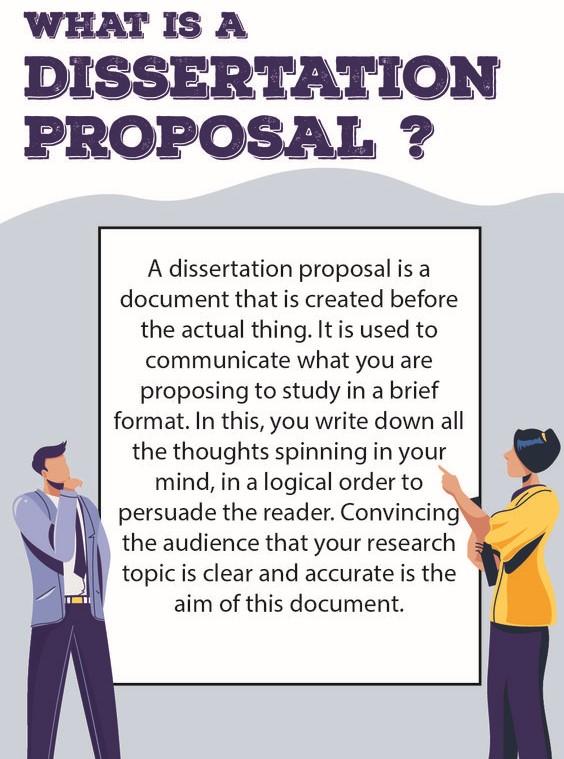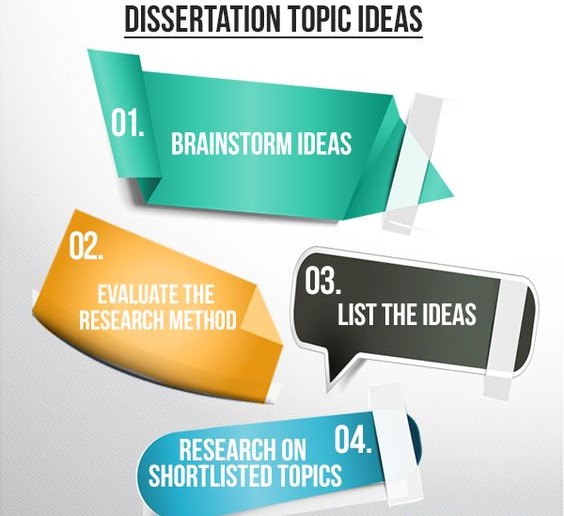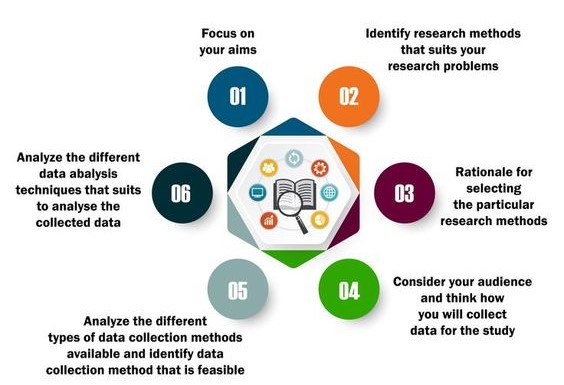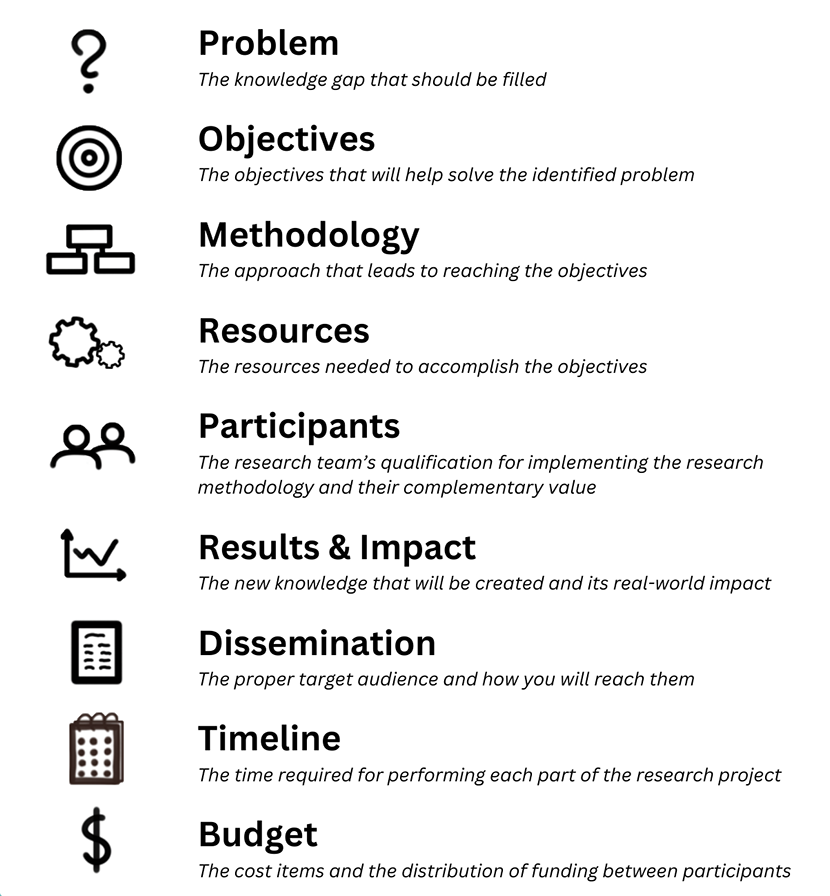
Table of Contents
The nursing dissertation proposal writing is the cornerstone of your doctoral journey. It’s a roadmap that outlines your research, its significance, and your plan for tackling it. A strong nursing dissertation proposal writing will not only secure you funding and approval from your committee, but it will also serve as a guiding light throughout the arduous process of completing your dissertation.
Essentials of Nursing Dissertation Proposal Writing
This comprehensive guide offers insights and practical tips on crafting a compelling and persuasive nursing dissertation proposal writing. We’ll explore crucial aspects, including:
- Identifying a Research Topic: Finding a relevant and impactful research question that resonates with your passion and aligns with your expertise.
- Literature Review: Building a robust foundation by comprehensively surveying existing research and identifying knowledge gaps.
- Methodology: Choosing the right research design and methods to effectively address your research question.
- Ethical Considerations: Ensuring the safety, well-being, and ethical treatment of participants.
- Timeline and Resources: Planning a realistic schedule and securing the necessary resources for successful completion.
Let’s embark on this journey to equip you with the knowledge and tools to write a nursing dissertation proposal writing that captivates your committee and sets the stage for a remarkable research endeavor.
Steps to Exceptional Nursing Dissertation Proposal Writing
1. Choosing a Research Topic: The Spark of Your Dissertation
Your nursing dissertation proposal writing begins with a spark – a research topic that ignites your passion and fuels your desire to contribute to the field. Here’s how to identify a compelling topic:
- Start with your interests: Reflect on your clinical experiences, areas of expertise, and unresolved questions you’ve encountered. What issues spark your curiosity and drive you to seek answers?
- Explore current literature: Delve into the latest research articles, journals, and conferences in your area of interest. Identify gaps in knowledge, emerging trends, and areas ripe for exploration.
- Consider the impact: Choose a topic with practical implications for patient care, policy development, or the advancement of nursing practice.
- Seek guidance from mentors: Discuss your potential research topics with experienced professors and mentors. They can offer valuable insights, guide you towards promising areas, and provide feedback on the feasibility of your ideas.
2. Crafting a Powerful Research Question: Focusing Your Lens
A well-defined research question is the guiding star of your nursing dissertation proposal writing. It clarifies your research focus and sets the stage for a focused and meaningful investigation. Here’s how to formulate a strong research question:
- Specific: Your question should target a specific aspect of your chosen topic.
- Measurable: Define your variables and consider how you will measure them.
- Attainable: Ensure your question is feasible within the scope of your dissertation project.
- Relevant: Your research question should address a relevant gap in knowledge or have practical implications.
- Time-bound: Define a timeframe for your research project.

3. Conducting a Comprehensive Literature Review: Building Your Foundation
The literature review forms the backbone of your nursing dissertation proposal writing. It demonstrates your understanding of the existing research, identifies knowledge gaps, and justifies the need for your study.
- Define your search terms: Carefully select relevant keywords and phrases to identify pertinent research articles, books, and other scholarly sources.
- Explore various databases: Utilize electronic scholarly databases like PubMed, CINAHL, PhD Nurse Writer and PsycINFO to access a wide range of nursing and healthcare research.
- Critically evaluate sources: Assess the quality and relevance of each source, considering factors like author expertise, publication date, methodology, and findings.
- Synthesize findings: Group similar studies, highlight key findings, identify conflicting results, and pinpoint areas where further research is needed.
- Identify theoretical frameworks: Explore relevant theoretical frameworks that can provide a lens for interpreting your findings and understanding the broader context of your research.
4. Choosing the Right Research Design and Methods: Mapping Your Journey
The research design and methods section of your nursing dissertation proposal writing outlines the specific approaches you will employ to answer your research question. This section requires careful planning and a clear understanding of various research methodologies.
- Quantitative vs. Qualitative: Determine whether your research question is best addressed using quantitative methods (e.g., surveys, experiments) or qualitative methods (e.g., interviews, focus groups).
- Mixed Methods: Consider employing a mixed methods approach, which combines quantitative and qualitative techniques to provide a more comprehensive understanding of your research topic.
- Data Collection Tools: Choose appropriate data collection tools (e.g., questionnaires, observation checklists, interviews, focus group guides) that align with your research design and methods.
- Sampling: Describe your target population and how you will select a representative sample for your study.
- Data Analysis: Outline the statistical or qualitative analysis techniques you will use to analyze your data and interpret the results.

5. Addressing Ethical Considerations: Safeguarding Participants
Ethical considerations are paramount in any nursing dissertation proposal writing. You must demonstrate your commitment to protecting the rights, privacy, and well-being of participants in your study.
- Informed Consent: Explain the purpose of your study, potential risks and benefits, and participants’ right to withdraw at any time. Obtain informed consent from all participants before initiating data collection.
- Confidentiality and Anonymity: Ensure that participant data is kept confidential and anonymized to protect their identities.
- Data Security: Implement robust measures to safeguard participant data and prevent unauthorized access.
- Institutional Review Board (IRB) Approval: Submit your research proposal to the IRB for review and approval to ensure ethical compliance.
6. Developing a Realistic Timeline and Budget: Managing Your Project
A well-structured timeline and budget are essential for the successful completion of your nursing dissertation proposal writing.
- Project Timeline: Break down your research project into manageable tasks and assign realistic deadlines for each phase.
- Resource Allocation: Identify the resources you will need (e.g., equipment, software, personnel) and estimate the costs associated with each item.
- Funding Sources: Explore potential funding sources for your research project, such as grants, scholarships, or institutional support.
7. Writing Your Nursing dissertation proposal writing: Crafting a Compelling Narrative
The final step is to write your nursing dissertation proposal writing in a clear, concise, and persuasive manner.
- Introduction: Capture the reader’s attention with a compelling introduction that outlines the research problem, the significance of your study, and your research question.
- Literature Review: Present a comprehensive review of relevant literature, highlighting key findings and identifying knowledge gaps.
- Methodology: Describe your research design and methods in detail, justifying your choices and ensuring clarity for the reader.
- Ethical Considerations: Outline your plan for ensuring ethical research practices and protecting participant rights.
- Timeline and Budget: Present a realistic project timeline and a detailed budget breakdown.
- Conclusion: Reiterate the significance of your research and highlight the potential impact of your findings.
8. Refining Your Proposal: Seeking Feedback and Revision
After drafting your nursing dissertation proposal writing, seek feedback from your mentors, peers, and committee members.
- Critical Review: Engage in a critical review of your proposal, looking for areas for improvement, clarity, and conciseness.
- Revise and Polish: Incorporate feedback, refine your writing, and ensure the proposal is well-structured, grammatically correct, and free of errors.
Avoiding the Common Mistakes in Nursing Dissertation Proposals
While the nursing dissertation proposal writing is a crucial step in your doctoral journey, it can be a daunting task. Many aspiring researchers stumble upon common pitfalls that can undermine the strength and clarity of their proposal. Recognizing these mistakes and taking proactive steps to avoid them is essential for a successful submission.
Here are some common errors to be aware of, along with strategies to ensure your nursing dissertation proposal writing shines:
1. Lack of Clarity in Research Question:
A poorly defined research question is a cardinal sin in any nursing dissertation proposal writing. It leads to a scattered, unfocused study, and makes it difficult for the committee to understand the scope and direction of your research.
How to Avoid:
- Specificity: Craft a research question that is precise and targets a specific aspect of your chosen topic.
- Measurability: Define clear variables and consider how you will measure them.
- Attainability: Ensure your research question is feasible within the scope of your dissertation project.
- Relevance: Your research question should address a pertinent gap in knowledge or have practical implications.
2. Insufficient Literature Review:
A weak literature review fails to demonstrate your understanding of the existing research, making it difficult to justify the need for your study.
How to Avoid:
- Comprehensive Search: Use a variety of databases and search terms to ensure a thorough search of relevant literature.
- Critical Evaluation: Assess the quality of each source, considering author expertise, publication date, methodology, and findings.
- Synthesis and Analysis: Group similar studies, identify key findings, highlight conflicting results, and pinpoint areas where further research is needed.
- Theoretical Frameworks: Explore relevant theoretical frameworks that provide a lens for understanding your research question and interpreting the findings.
3. Unrealistic Timeline and Budget:
An unrealistic timeline or budget can sabotage your project, leading to delays and complications.
How to Avoid:
- Breakdown Tasks: Divide your project into manageable tasks and assign realistic deadlines for each phase.
- Resource Identification: Identify the resources you will need (equipment, software, personnel) and estimate their cost.
- Funding Exploration: Research potential funding sources (grants, scholarships, institutional support) and secure the necessary funding.
4. Overly Ambitious Scope:
A nursing dissertation proposal writing that attempts to tackle too much can become unmanageable, leading to a superficial or incomplete study.
How to Avoid:
- Focus on One Key Area: Concentrate on a specific aspect of your research topic, ensuring you can provide a thorough and in-depth analysis.
- Consult with Mentors: Discuss your proposal with experienced professors and mentors to gain valuable feedback and ensure feasibility.
5. Lack of Ethical Considerations:
Failing to address ethical considerations demonstrates a lack of sensitivity to participant rights and can lead to rejection of your nursing dissertation proposal writing.
How to Avoid:
- Informed Consent: Explain the study’s purpose, potential risks and benefits, and participant rights in a clear and concise manner. Obtain informed consent from all participants before initiating data collection.
- Confidentiality and Anonymity: Ensure participant data is kept confidential and anonymized to protect their identities.
- Data Security: Implement robust measures to safeguard participant data and prevent unauthorized access.
- IRB Approval: Submit your research proposal to the Institutional Review Board (IRB) for review and approval to ensure ethical compliance.
6. Inadequate Research Design and Methods:
Choosing inappropriate research designs or methods can compromise the validity and reliability of your research findings.
How to Avoid:
- Quantitative vs. Qualitative: Select the research design and methods that align with your research question and the nature of your study (e.g., quantitative, qualitative, or mixed methods).
- Data Collection Tools: Choose appropriate data collection tools (questionnaires, observation checklists, interviews, focus group guides) that align with your research design and methods.
- Sampling: Describe your target population and how you will select a representative sample for your study.
- Data Analysis: Outline the statistical or qualitative analysis techniques you will use to analyze your data and interpret the results.
7. Poor Writing and Formatting:
A poorly written or formatted nursing dissertation proposal writing can detract from the strength of your research and make it difficult for the committee to follow your ideas.
How to Avoid:
- Clarity and Conciseness: Write in a clear, concise, and professional style. Avoid jargon and overly complex language.
- Logical Structure: Organize your proposal logically, with a clear introduction, literature review, methodology, ethical considerations, timeline and budget, and conclusion.
- Proper Formatting: Follow the formatting guidelines provided by your institution or department.
8. Insufficient Revision and Feedback:
Failing to revise your proposal based on feedback from mentors and peers can result in a flawed nursing dissertation proposal writing that misses the mark.
How to Avoid:
- Seek Feedback: Engage in a critical review of your proposal, seeking feedback from your mentors, peers, and committee members.
- Incorporate Feedback: Incorporate feedback thoughtfully, revise your proposal, and ensure it is well-structured, grammatically correct, and free of errors.
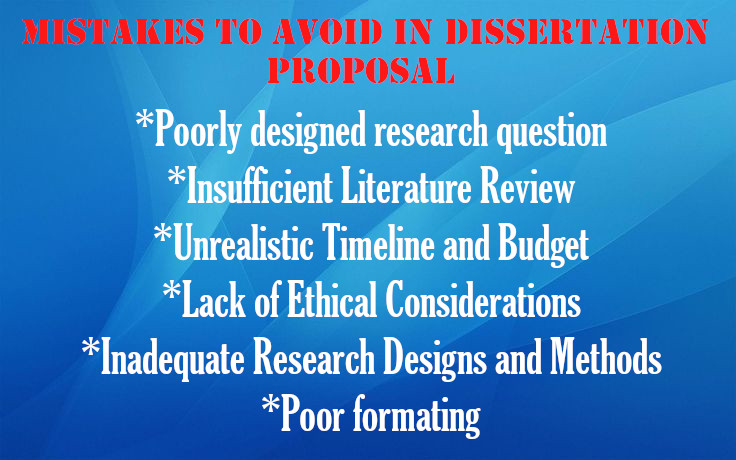
By avoiding these common pitfalls and meticulously crafting a strong nursing dissertation proposal writing, you pave the way for a successful dissertation journey. Remember, this document is your roadmap to research excellence and an opportunity to make a significant contribution to the field of nursing.
A Powerful Roadmap to Success
A strong nursing dissertation proposal is not merely a document, but a testament to your commitment to research excellence and your potential to contribute meaningful knowledge to the field of nursing. By following these guidelines, you can craft a compelling proposal that will secure your committee’s approval, guide your research journey, and set the stage for a remarkable dissertation.
Remember, nursing dissertation proposal writing is a collaborative endeavor. Engage with your mentors, seek feedback, and refine your proposal iteratively. Your passion, research rigor, and unwavering dedication will ultimately lead you to a successful and impactful dissertation journey.
Get Professional Nursing Dissertation Proposal Writing Help
At PhD Nurse Writer, we offer professional nursing dissertation writing help for academic and career success. Our service covers topic suggestion, dissertation writing, proof reading and editing, and plagiarism removal. Besides, we can also help you with crafting original nursing essays, research papers, case studies and thesis.


